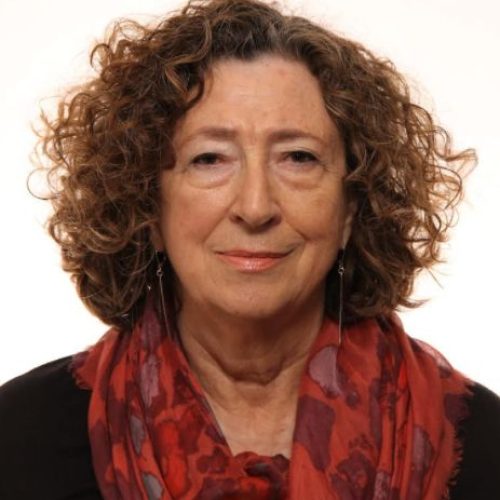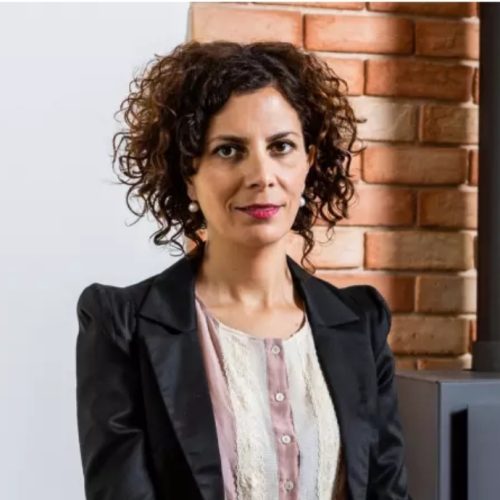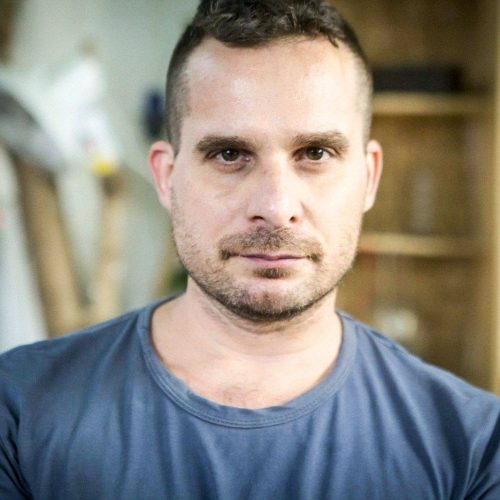>> Click here to read the full report
This report describes the Covid-19 vaccination campaign in Israel between December 2020 and April 2021. It offers different perspectives on how Israel has dealt with the pandemic, including the fact that it was the first country in the world that started vaccinating its population.
It was written as part of a comprehensive global study conducted by the Heinrich Boell Foundation, which examines how countries around the world have dealt with the corona pandemic and managed the vaccination campaign against the virus. Having been at the forefront of research on the effects of the vaccination campaign on human rights in Israel and having been involved in the shaping of policy regarding different aspects of the pandemic and the dangers posed by it, Zulat was selected as the research institute that would review the Israeli case study.
The report emphasizes the unique method used by Israel whereby the vaccines were distributed through the health funds and the high responsiveness of most of the public, along with the phenomenon of “vaccine hesitancy” and its causes, especially in Arab society. It describes advocacy and a professional response to fake news as the best way to deal with vaccine hesitancy, and reviews the Green Pass requirement as a means to encourage vaccination as well as the ethical problems this tool presents.
In addition, the report highlights the disparity between the rapid and extensive accessibility of vaccines in Israel and the substantial lack of the same among the Palestinian population in the Occupied Territories, and underscores Israel’s obligation to provide vaccines to the Palestinians on moral, legal, and epidemiological grounds.





